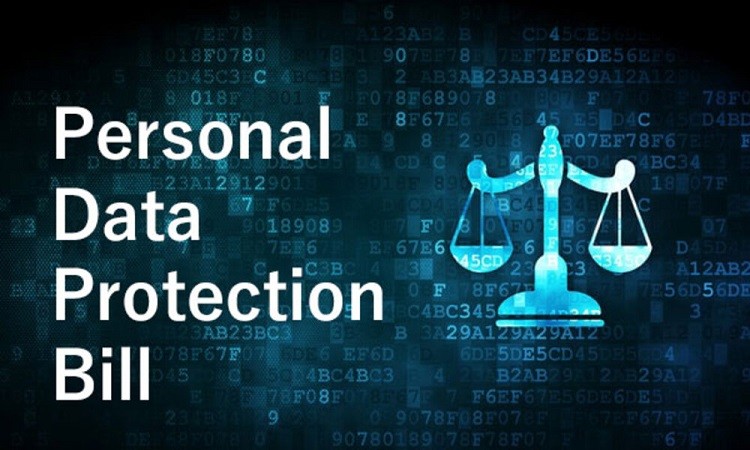
NEW DELHI: In a significant development, the union cabinet has given its clearance to the Digital Personal Data Protection Bill. Reliable sources indicate that the bill received approval during today's cabinet meeting.
With the cabinet's green light, the bill is now poised to be introduced in the upcoming monsoon session of Parliament.
Under the proposed provisions, the misuse of personal data will result in fines of up to Rs 500 crore, emphasizing the gravity of data protection. The bill will establish jurisdiction over the processing of digital personal data within India.
This jurisdiction encompasses data collected from online and offline sources, subsequently digitized. Furthermore, the bill extends its purview to data processing that occurs outside India but involves the offering of goods or services to individuals in India or profiling Indian citizens.
To ensure effective enforcement of the bill, a dedicated data protection board will be established. This board will address grievances and provide necessary redressal to individuals affected.
To safeguard personal data, the bill stipulates that when a user deletes their social media account, the respective company must follow suit.
Additionally, users will possess the right to update or delete their personal data from social media platforms.
Notably, the bill contains provisions to protect children, mandating parental consent for any data deemed harmful to minors. Social media companies will also be obligated to prevent the tracking of children's data.
Moreover, if a company requires an employee's biometric data for attendance purposes, it must seek explicit permission from the employee.
The bill further empowers users by ensuring transparency regarding the organizations seeking to use their personal data. This controversial bill marks the government's second endeavor to establish a comprehensive legal framework for personal data protection.
The previous version of the bill, titled the Personal Data Protection Bill 2019, was withdrawn by the government in August last year. This decision followed the recommendations of a joint committee of Parliament, which proposed 81 amendments and 12 recommendations to enhance the bill's efficacy within the digital ecosystem.
During the withdrawal announcement in Parliament, Information Technology Minister Ashwini Vaishnaw emphasized that the government aims to introduce a fresh bill that aligns with the comprehensive legal framework, taking into account the suggestions put forth by the joint committee of Parliament.
Cabinet Ratifies India-CDRI Headquarters Agreement
Punjab Assembly Approves Golden Temple's Free Gurbani Telecast Bill